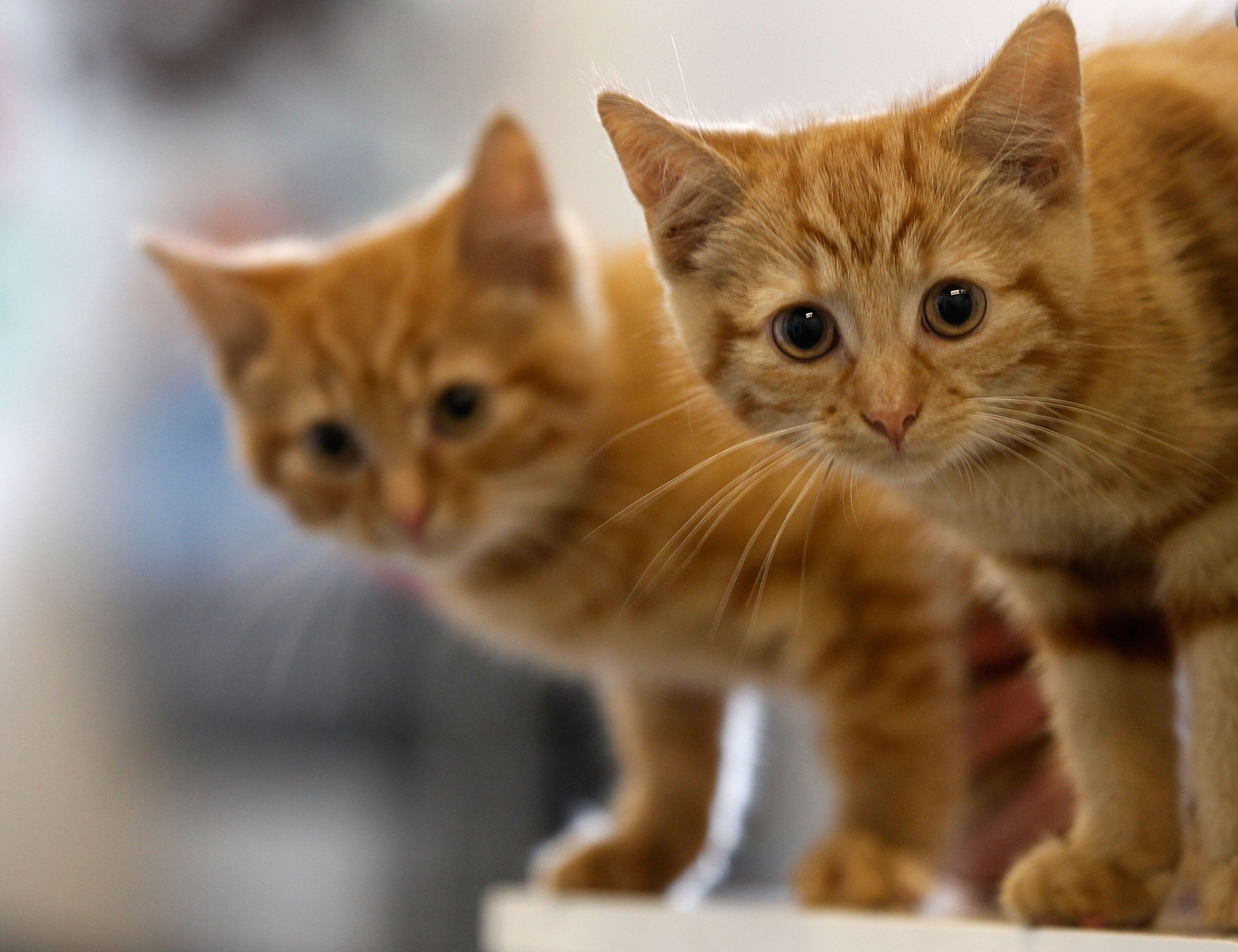Millions of cat owners could be forced to microchip pets
Dogs are alrerady required to be microchipped by their owners

Millions of cat owners will be forced to microchip their pets under a long-awaited new law that could come into effect in the “coming weeks”.
The proposals could soon be brought to parliament as MPs are also considering a petition that would require drivers to stop if they hit a cat, according to the transport minister, Richard Holden.
A number of organisations, including Battersea Dogs & Cats Home and the Blue Cross have campaigned for a law that would mean drivers are forced to report it if they hit a cat.
However, Mr Holden claims that microchipping cats would be the best way for owners to be reunited with their dead pets.
“Cats tend to roam unaccompanied and are likely to go out at night,” Mr Holden said. “Drivers also may not realise that they have had a collision with a cat in some instances, or small animals very similar to rabbits or other wild animals, which can also cross roads late at night.
“There are also hazards associated with stopping to check whether animals are alive or not, especially if they are very small animals.
“Having the law to make it a requirement to report road collisions involving a cat would be difficult to enforce, especially when, as members across the House made clear, Petplan have suggested it might be in terms of hundreds of thousands of these incidents being brought forwards a year.”
Under the Road Traffic Act 1988, section 170, drivers are required to stop and report the incident if they hit livestock or working animals. These include horses, cattle, sheep, pigs, goats or dogs.
The proposed new laws make up part of a renewed effort to further raise the UK’s animal welfare standards.
Pet ownership increased hugely during the Covid lockdown and it is thought that 2.6 million cats, almost a quarter of the UK’s feline population, do not have a microchip.
Meanwhile, a government call for evidence showed that 99 per cent of respondents supported the practice.
Microchipping is when a chip is inserted under the skin of a pet. It is usually painless and no larger than a grain of rice.
If an animal is found without its owner, scanning the microchip, with its unique serial number, means that the registered owner can be identified on a database. As a result, the pet can quickly be reunited with them.
Owners will likely face similar penalties to dog owners who break the law on microchipping - if local authorities discover a dog without a microchip, owners will be required to fit one within 21 days or face a fine of up to £500.



Join our commenting forum
Join thought-provoking conversations, follow other Independent readers and see their replies
0Comments